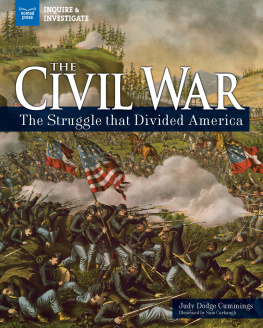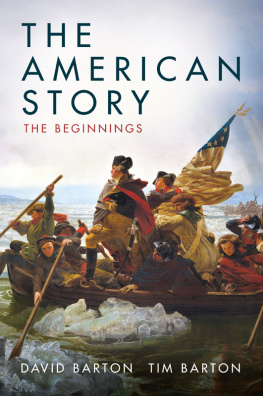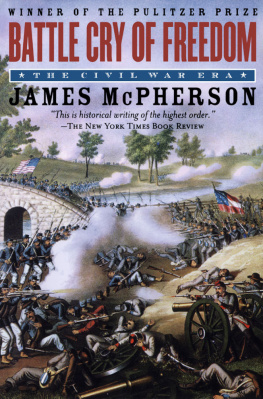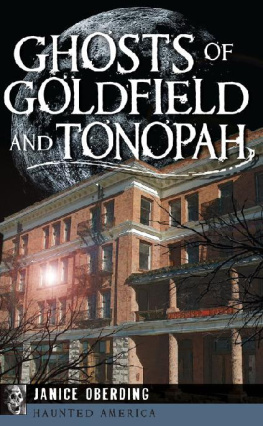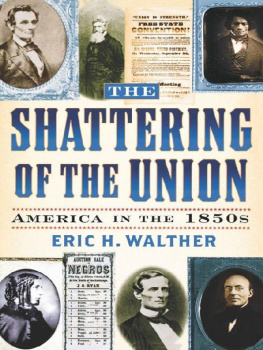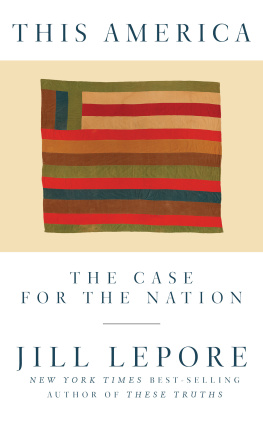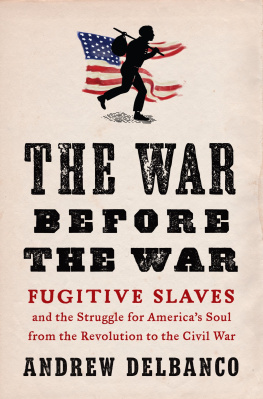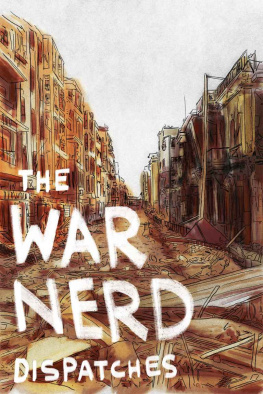Southern Histories: Public, Personal, and Sacred
Still Fighting the Civil War: The American South and Southern History
American Dilemmas in the Twenty-First Century: Historical Perspectives on Race, Religion, and Ethnicity
Region, Race, and Cities: Interpreting the Urban South
Black, White, and Southern: Race Relations and Southern Culture
Promised Land: The South since 1945
Cotton Fields and Skyscrapers: Southern City and Region, 16071980
Urban Growth in the Age of Sectionalism: Virginia, 18471861
EDITED AND CO-AUTHORED WORKS
The American Journey: A History of the United States (lead author)
Major Problems in the History of the American South, 2 vols. (co-editor)
The Encyclopedia of American Urban History, 2 vols. (editor)
Twentieth-Century America: A Social and Political History (lead author)
The South for New Southerners (co-author)
Urban America: A History (lead author)
The City in Southern History: The Growth of Urban Civilization in the South (co-author)
The Enduring Ghetto: Sources and Readings (co-editor)
AMERICA
AFLAME

HOW THE CIVIL WAR
CREATED A NATION
DAVID GOLDFIELD

Copyright 2011 by David Goldfield
All rights reserved. No part of this book may be used or reproduced in any manner
whatsoever without written permission from the publisher except in the case of brief
quotations embodied in critical articles or reviews. For information address Bloomsbury
Press, 175 Fifth Avenue, New York, NY 10010.
Published by Bloomsbury Press, New York
LIBRARY OF CONGRESS CATALOGING-IN-PUBLICATION DATA
Goldfield, David R., 1944
America aflame : how the Civil War created a nation / David Goldfield. 1st U.S. ed.
p. cm.
Includes bibliographical references and index.
ISBN: 978-1-59691-702-6 (hardcover)
1. United StatesHistoryCivil War, 18611865Influence. 2. United StatesHistoryCivil
War, 18611865Causes. 3. United StatesHistoryCivil War, 18611865Campaigns. 4.
United StatesHistoryCivil War, 18611865Social aspects. 5. National characteristics,
American. I. Title.
E468.9.G685 2011
973.711dc22
2010025241
First published in the United States by Bloomsbury Press in 2011
This e-book edition published in 2011
E-book ISBN: 978-1-60819-374-5
www.bloomsburypress.com
For Marie-Louise
CONTENTS
CAN ANYONE SAY ANYTHING new about the Civil War? In this book, the outcome of the conflict will be the same as in every other book on the war. That goes for the battles, too. My main concerns are how we got into the war, how the war transformed the men who fought, and how America came out of the war. These are also the itineraries of countless other authors. I hope, however, that my treatment of the wars origins, the conflict itself, and its aftermath will enable readers to view the Civil War from a new perspective. After the Revolutionary War, the Civil War is the defining event of American history. The Civil War not only tells us a great deal about Americans at that time, but it offers numerous insights into our nation today.
The Civil War was both the completion of the American Revolution and the beginning of a modern nation. The war proved Americas resilience. If nothing else, holding a presidential election in the midst of the Civil War, as the Union did in 1864, was a testament to that strength. The war also transformed America in ways prefigured in the antebellum years but recognizable only after the nation went through the fire.
The Civil War is also Americas greatest failure. The political system could not contain the passions stoked by the infusion of evangelical Christianity into the political process. Westward expansion, sectarian conflict, and above all slavery assumed moral dimensions that confounded political solutions. Violence became an acceptable alternative because it worked. It put the Catholics in their proper place and away from Protestant girls. It worked against the Native Americans and against the Mexicans. And it worked against the slaveholders. Antebellum America was a turbulent placein cities, on the frontier, and at the ballot box. The violence took its toll. Gradually, the bonds of Union fell away: the national church polities, the national political parties, and the moderate politicians disappeared.
War was not inevitable. But the prevailing political culture made it difficult to solve issues peaceably. The failure is evident in the deaths of over 620,000 young men, the misery of their families and friends left to mourn their loss, the destruction of homes and personal property, the uprooting of households, and the scenes of war haunting those who managed to live through it. Without gainsaying the individual heroism of those who fought and died, it would have been a greater tribute to our nation had they lived.
The idea that a bumbling generation of politiciansthe mediocrities who came after such giants as Daniel Webster, Henry Clay, and John C. Calhounled the nation into civil war is not a new idea. The concept dates as far back as the late nineteenth century. Avery Craven was perhaps its most gifted advocate. That might account for my attraction to the thesis, as I served as Professor Cravens graduate assistant at the University of Maryland in the late 1960s. Professor Craven had retired but had come to Maryland on a one-year appointment. He was eighty-four at the time, and his mind was still razor sharp.
My initial encounter with him did not go well. One of my professors invited me over to dinner in order to meet the legend I would be assisting that coming term. I was very excited about the prospect of working with such a great historian, whose graceful writing I had always admired, and doubly grateful because this would be a difficult semester for me, as I was studying for my comprehensive examinations. If you have ever been through that process you know that your brain is so cluttered with names of books and historians that only a periodic flushing allows you to keep your sanity. The purge takes numerous forms, one of which is to verbally disgorge at a breathless pace everything you know about a given school of historical thought to friends and family members. It accounted for the fact that my colleagues tended to avoid conversations with me on anything related to history. I also did not get invited to many parties that term.
So, I welcomed the dinner invitation. As we sat around the dinner table, I chatted with Professor Craven and his wife, Georgia. I understand you are studying for your comprehensives, he announced suddenly. I could feel the sweat bead on my forehead. Without waiting for my response, he asked me what book I had read that had changed my view of a person or an era. Relieved that he had not requested a recitation on some obscure historical theory, I searched my cluttered mental file for an intelligent response. It would have been too precious to have cited one of Professor Cravens books, and besides, his work affirmed my views, which he already knew. Instead, I told him that C. Vann Woodwards Tom Watson, Agrarian Rebel (1938) profoundly altered my perception of both the Populist movement in the South and Tom Watson. I went on for the next ten minutes or so regaling the Cravens and the other guests about how Woodward accounted for the remarkable and sad transformation of the Georgia Populist from a champion of the poor, regardless of color, to a raving anti-Catholic, anti-Jewish, and anti-black demagogue.
When I had finished my speech, for thats what it was, the room was funeral-parlor quiet. My host nervously shuffled his knife and fork. Had I said something wrong? He cleared his throat and said, David, perhaps Georgia here can provide another perspective on Tom Watson, as she is his granddaughter. It was one of those moments when you hope for a diversionary earthquake or a sudden gust of wind at, say, 150 miles an hour that peels off the roof. Georgia graciously waved it off, noting that her grandfather could be difficult at times. We all laughed, and that seemed to break the tension. We raised our wineglasses and toasted the new term.
Next page

